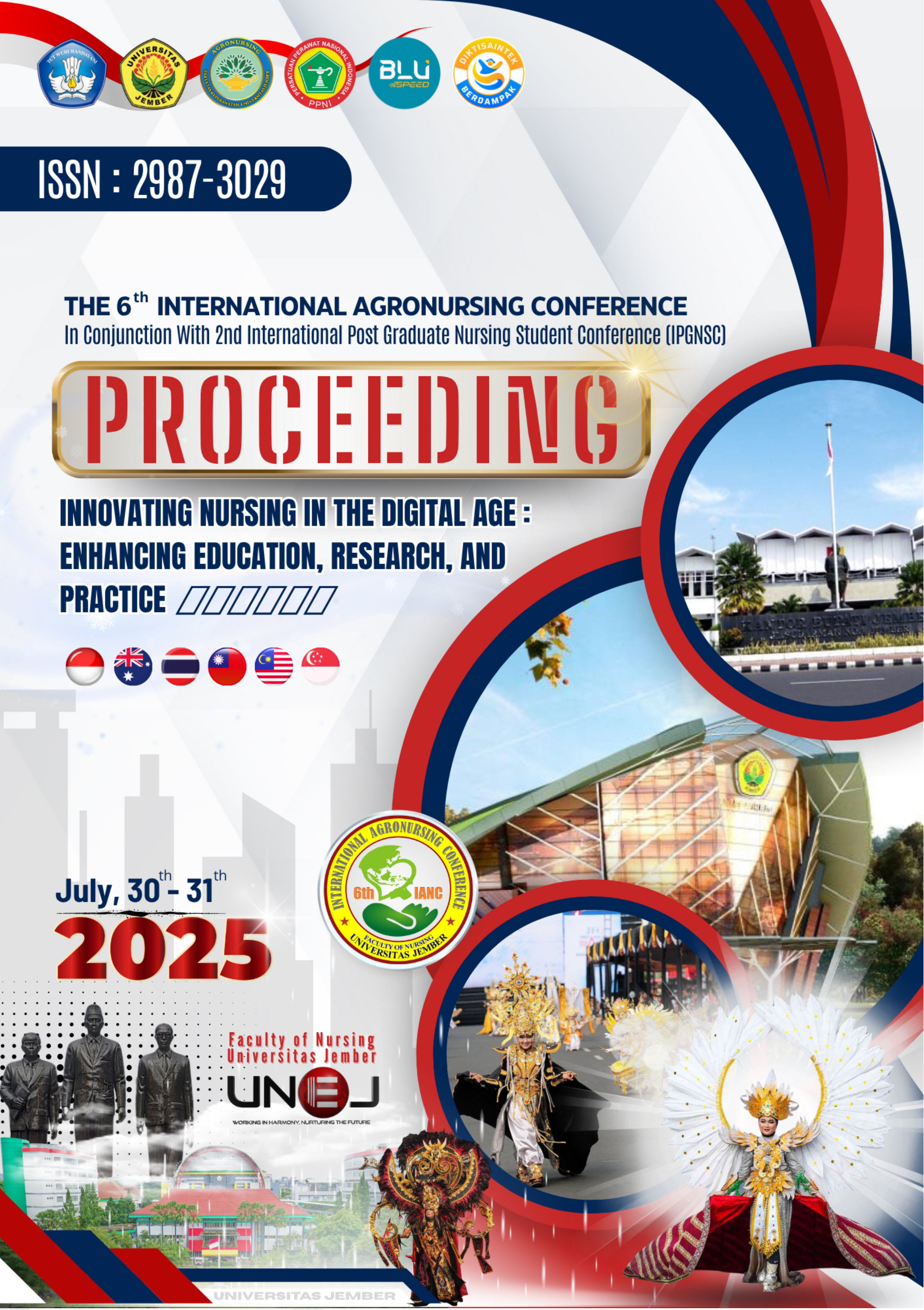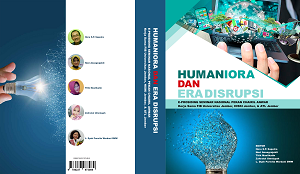THE ROLE OF GENDER IN COMPASSION FATIQUE AMONG INTENSIVE CARE UNIT NURSES: A SCOPING REVIEW
Abstract
Background: Gender significantly shapes the professional experiences of nurses working in intensive care units (ICUs), influencing their emotional well-being, ethical decision-making, spiritual practices, and clinical performance. Despite its critical role, systematic syntheses examining gender-related research in ICU nursing are limited. This scoping review aims to identify and map key research themes concerning gender within the ICU nursing context.
Methods: A systematic search was conducted in PubMed, Scopus, ScienceDirect, ProQuest, and Google Scholar for studies published from January 2014 to December 2024. After screening, 4 primary quantitative studies on gender issues in ICU nursing met inclusion criteria and were appraised using the Joanna Briggs Institute (JBI) framework.
Results: Research on gender in ICU nursing centers around four primary themes: (1) differences in compassion fatigue and compassion satisfaction, with female nurses being more susceptible to emotional exhaustion but also reporting higher levels of job satisfaction; (2) moral distress, which was more prevalent among female nurses when confronted with ethical dilemmas; (3) gender-based differences in perception and readiness to deliver spiritual care, with male nurses scoring higher in related assessments; and (4) gender as a moderating factor in the relationship between self-compassion, work engagement, and clinical performance.
Conclusion: Gender plays a vital role in shaping the psychosocial well-being and clinical effectiveness of ICU nurses. Institutional policies and clinical interventions should be designed with greater gender sensitivity to foster equity, resilience, and professional sustainability.








